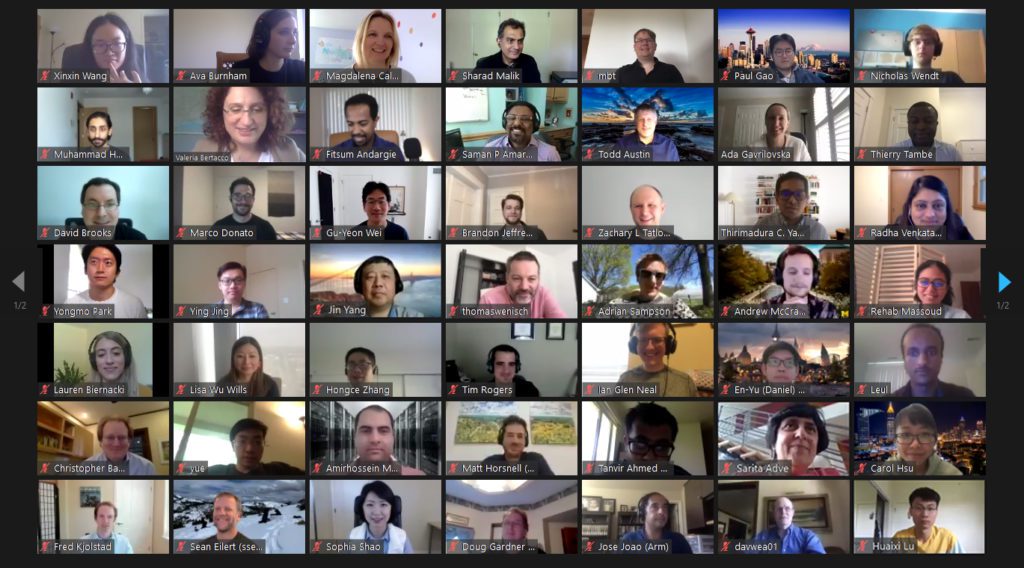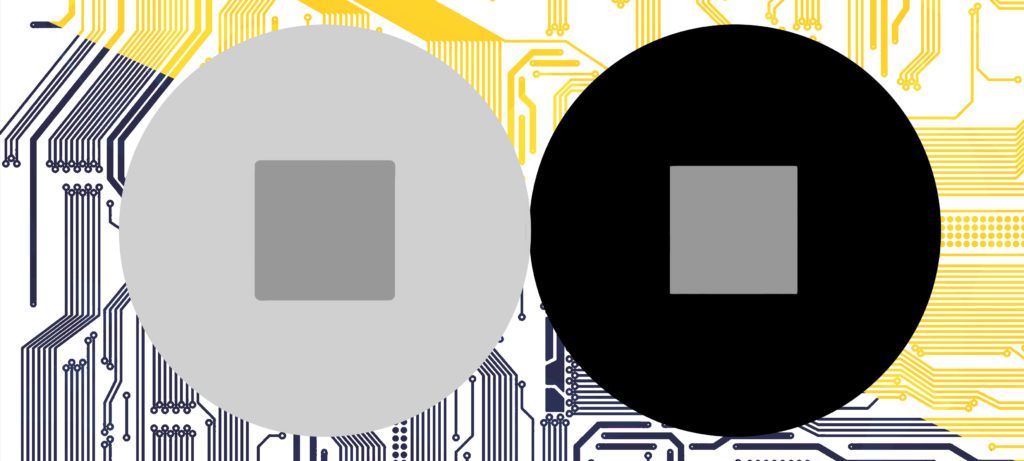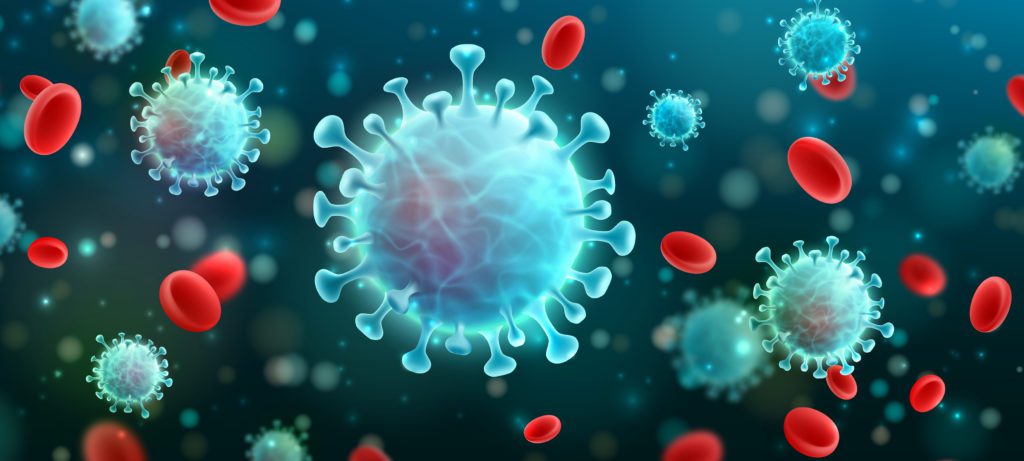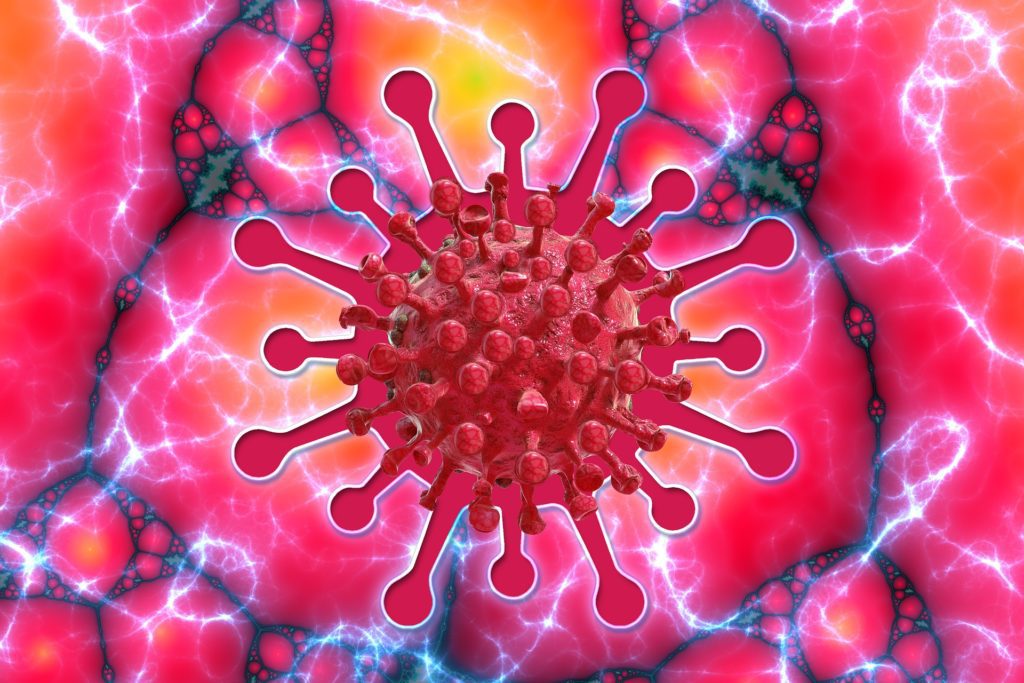The symposium highlighted new developments in computer architecture, and included a session on how the center’s research can contribute to limiting the impact of pandemics.


The symposium highlighted new developments in computer architecture, and included a session on how the center’s research can contribute to limiting the impact of pandemics.

The projects impact voting systems, physical sensors, integrated circuit fabrication, and multiple microarchitectural side-channel vulnerabilities.

The project, which received a best paper award, demonstrated that a certain bias in humans who train intelligent agents significantly reduced the effectiveness of the training.

“My research has the potential to democratize programming and make it possible for millions of people around the globe to automate otherwise tedious tasks using programming.”

Graphical online simulation could spur more targeted COVID-19 protection measures.
Predictive model could help care providers stay safe, anticipate patient needs.
The post Faster than COVID: a computer model that predicts the disease’s next move appeared first on Michigan Engineering News.
Mower Provost talks about getting awards, doing industry research, understanding human behavior – and Star Wars.

Researchers are working with the city on two key initiatives to address food availability for elderly and low-income populations.

The team will build high-quality datasets to enable automatic quality checking and fraud detection of the new coronavirus data.

Five multidisciplinary research teams are working on projects to assist with the coronavirus outbreak and to help find solutions to pressing problems.